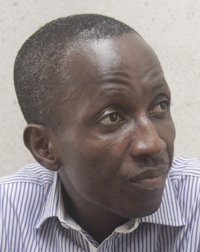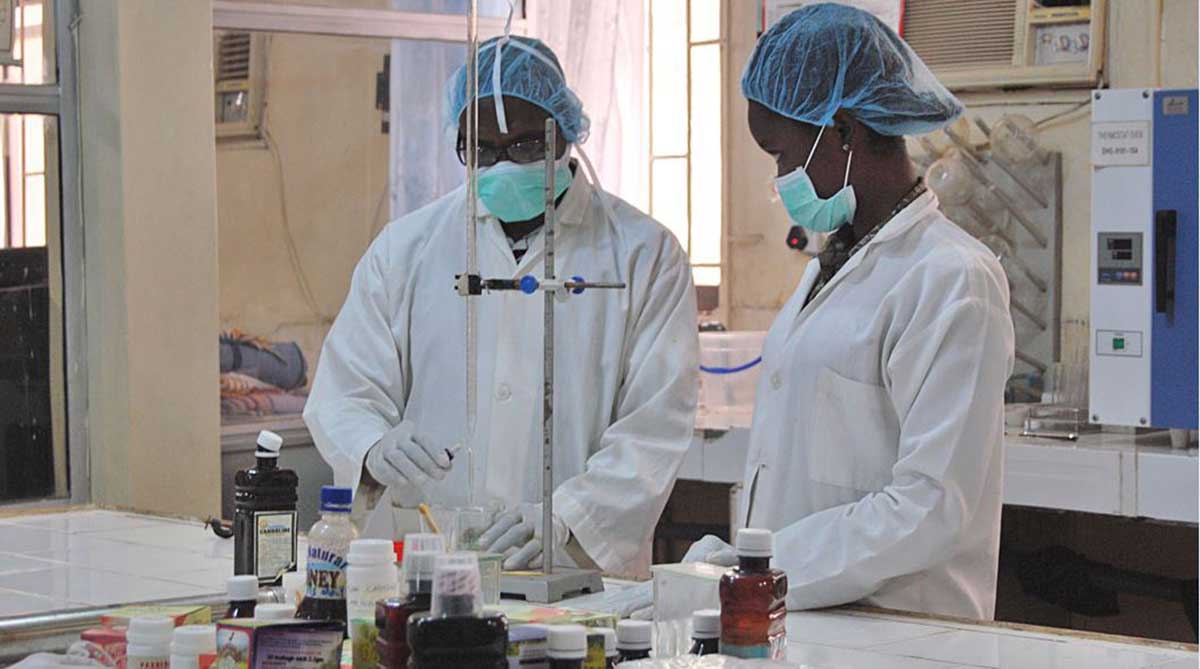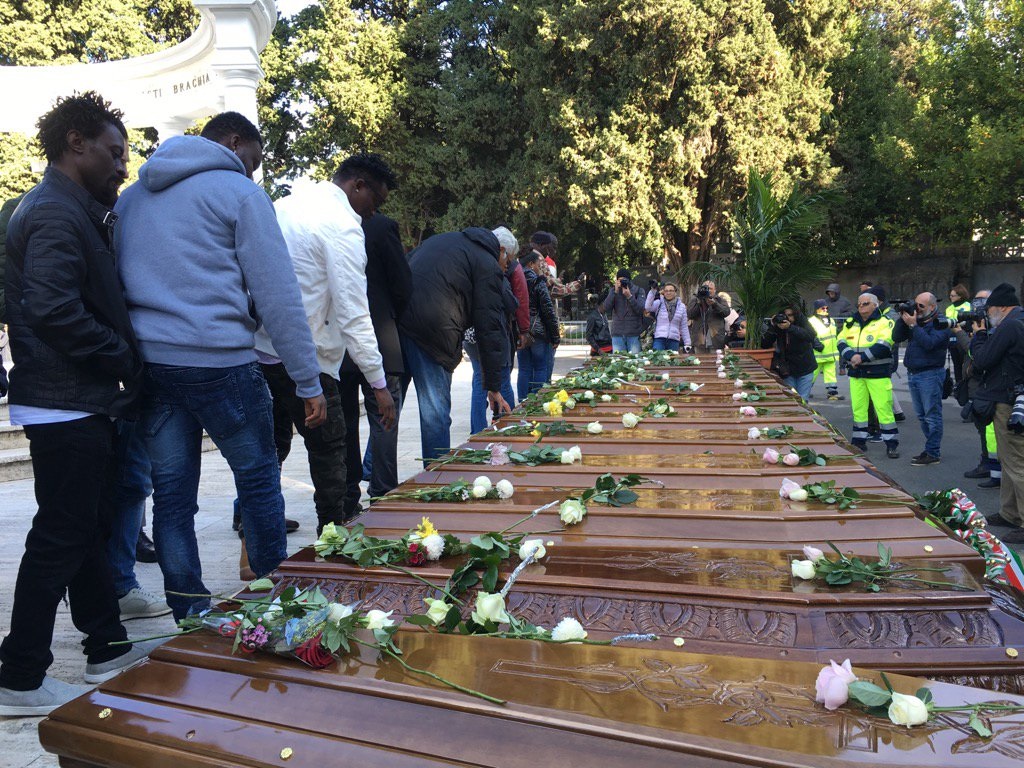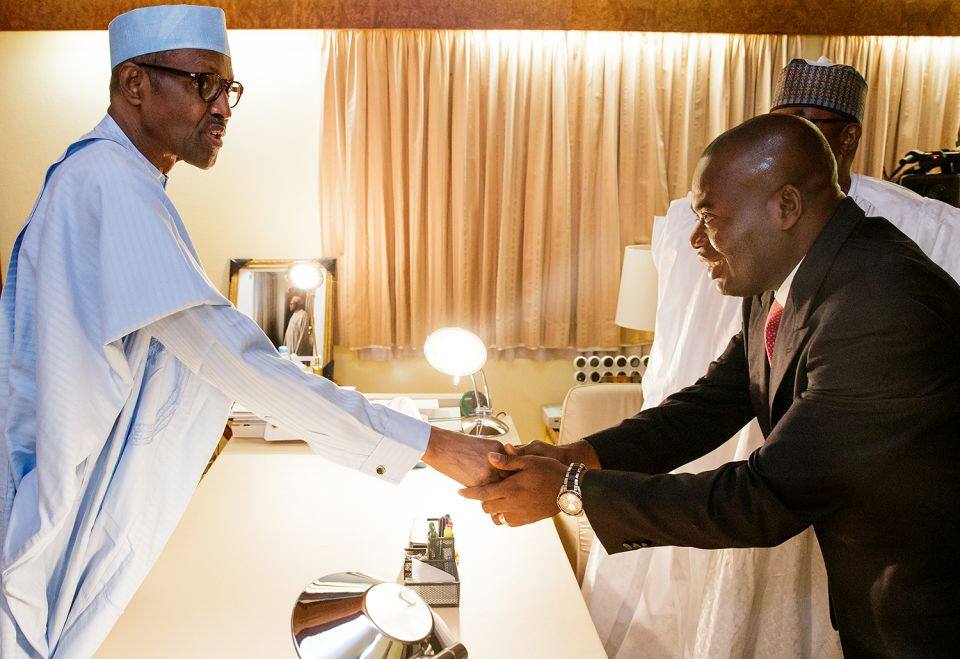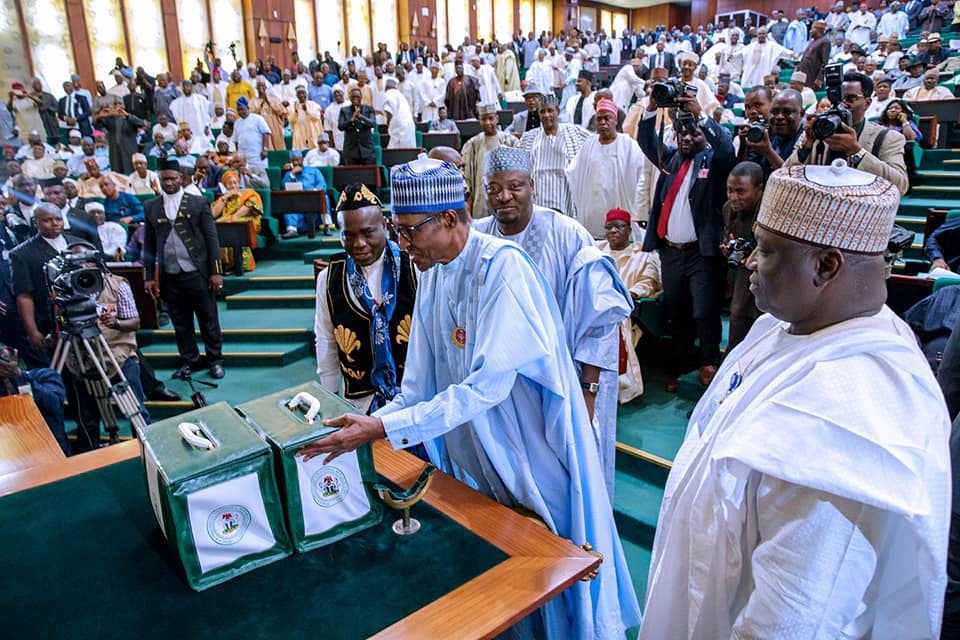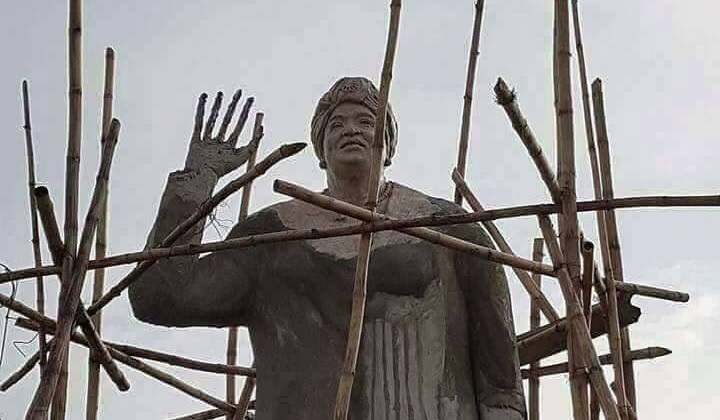I had already made up my mind to write on the alarm raised by Dr. Olumuyiwa Odusote, the Lagos State chairman of Nigeria Medical Association, before something else made it more compelling.
Earlier this morning, news broke that Alexander Ifeanyichukwu Ekwueme, lawyer and architect, former vice president between 1979 and 1983, died in a London hospital. My condolences go to his immediate family and political associates. But more importantly, he died outside the country. Recall also that our former permanent representative to the United Nations, Yusuf Maitama Sule, Dan Mansanin Kano, died on July 3 at a Cairo hospital just as President Muhammadu Buhari returned back to the country on August 19 after 104 days on medical vacation. This is not about propriety or otherwise of citizens seeking medical help outside, but because at a level, it reveals the state of our medical practice.
Suffice to add, however, that our president’s campaign promise of not seeking medical help outside the country was a hollow statement designed to elicit sympathy from unsuspecting Nigerians. We are better informed now. Throw in the fact that late President Umaru Musa Yar’Adua too was in and out of hospitals before his death on May 5, 2010. All these confirmed what we already knew: our medical practice is in a parlous state. The usual suspects are well documented, dearth of infrastructure, overworked staff, lack of affordable and genuine drugs, fights between professionals in the sector, inadequate funding, disenchanted staff, and irregular payment of salaries and allowances.
And that’s why we should be alarmed at Odusote’s comments of last week. He alleged that more than 40, 000 of the 75, 000 registered Nigerian doctors were practising abroad currently while 70 percent were thinking of picking jobs outside. He added that this year alone, over 100 doctors resigned from the University College Hospital, UCH, Ibadan, while 800 resigned from Lagos State hospitals in the last two years. Now, a medical doctor should not bandy figures and so we can query how he came about the figure for those planning to leave as most of them usually hide this from colleagues, but I suspect the figure might be more than that.
Advertisement
Years ago we took a colleague who fell ill to a hospital at Harlem in New York and we were shocked by the number of Nigerian doctors we encountered at the hospital. Last year also, my friend, a proud product of College of Medicine, University of Ibadan, told me about his class reunion in a city in United States and I joked with him that why burning foreign exchange when they could have gone to Alexander Brown Hall, UCH, for the reunion. His answer was shocking, “Most of my classmates are abroad than Nigeria, Wale, only few of us are left in Nigeria.”’ My friend had operated his own hospital, worked with the government, and is now with an international NGO so he can authoritatively speak about medical practice in Nigeria.
A family member who is a doctor recently returned from a short training abroad and he lamented about his colleagues that he met outside. Odusote alluded to this too when he said 236 doctors wrote examinations for West Africa College of Physicians this year unlike 2012 when more than 1,000 doctors wrote the examinations. He gave us further reasons to be worried when he added that Kebbi State has been unable to hire a doctor in two years despite multiple adverts for employment while it takes a new patient two to three hours to see a doctor. So, we keep producing doctors who are not staying in the country but seeking greener pastures outside Nigeria. It is also increasingly difficult to secure places for the mandatory one-year residency training for medical graduates, as it is no longer automatic.
Where do we go from here? An illness in our country is almost a death sentence as one is not sure what would happen subsequently. A Google search on doctors’ welfare threw up stories on strikes, industrial dispute and salary arrears of different categories at all levels. From state governments to teaching hospitals and federal government, doctors are becoming endangered species and we all pretend there is no problem. Granted, our doctors too are part of the problems, what with the sauciness of some of them whenever we visit hospitals or the condescending way some attend to patients’ enquiries? Further, successive health ministers have been doctors and NMA members that one is forced to ask, “Don’t they see all these issues Odusote highlighted?”
Advertisement
While it is obvious our leaders care less about us, it is up to Nigerians to start discussing some of these issues and ask more questions about the state of medical practice in our country. The cruellest of blows is to have a discontented doctor attend to one, particularly in Nigeria.
Views expressed by contributors are strictly personal and not of TheCable.
Add a comment
